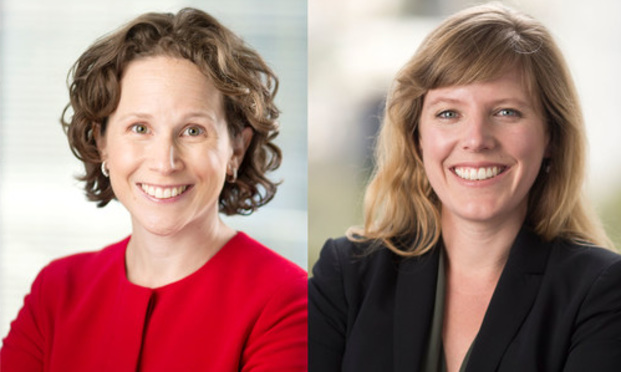Waymo v. Uber—the recent battle royale over the future of self-driving car technology—ended in a settlement between the parties, but an important legal question remains decidedly unsettled. In the words of Judge William H. Alsup, who presided over the case: “Is an engineer really supposed to get a frontal lobotomy before they go to the next job?”
California law fiercely protects employee mobility. As Judge Alsup said, hiring away a competitor’s talent is “the American way.” But California also protects trade secrets. What happens when those two important public policies collide? What is the difference between a trade secret and the lessons and skills that any professional engineer gains on the job and that inevitably travel with her as she moves from job to job? And what is the best way for courts to consider claims about thoughts and concepts that may exist in an engineer’s own mind?


 Boies Schiller partners Karen Dunn, left, and Meredith Dearborn, right.
Boies Schiller partners Karen Dunn, left, and Meredith Dearborn, right.




